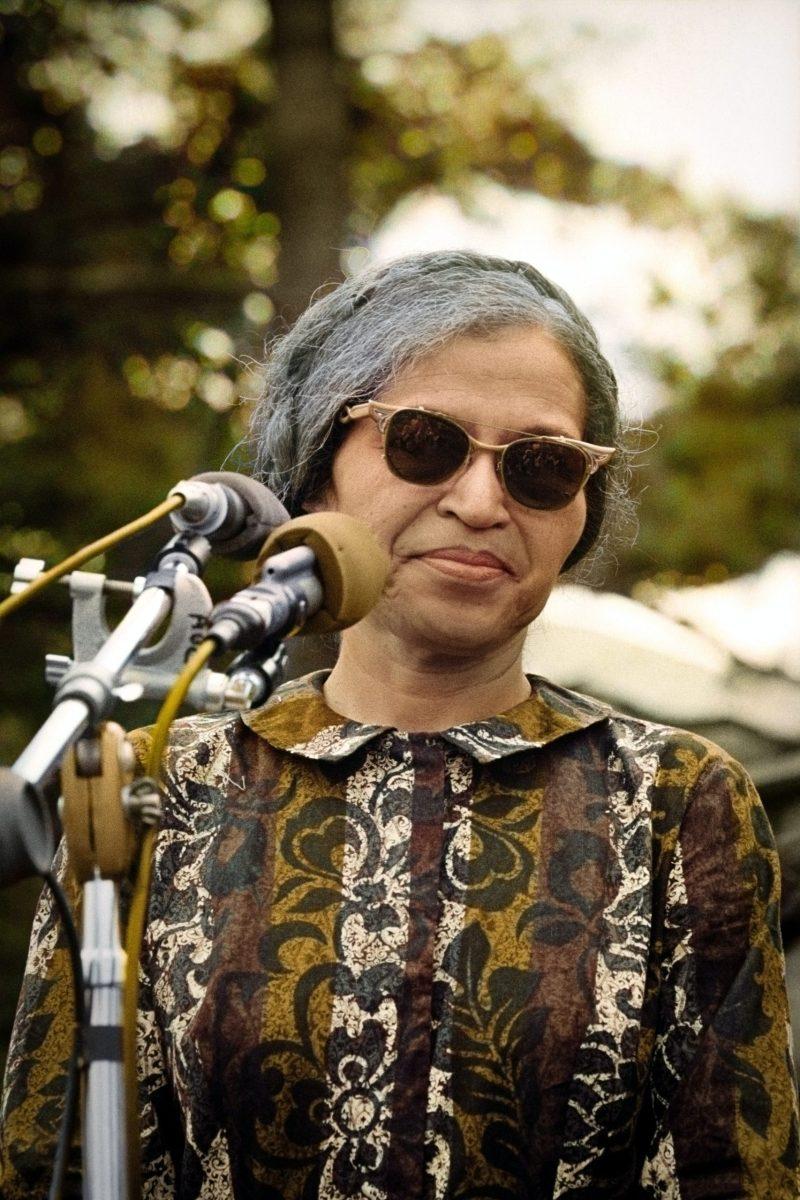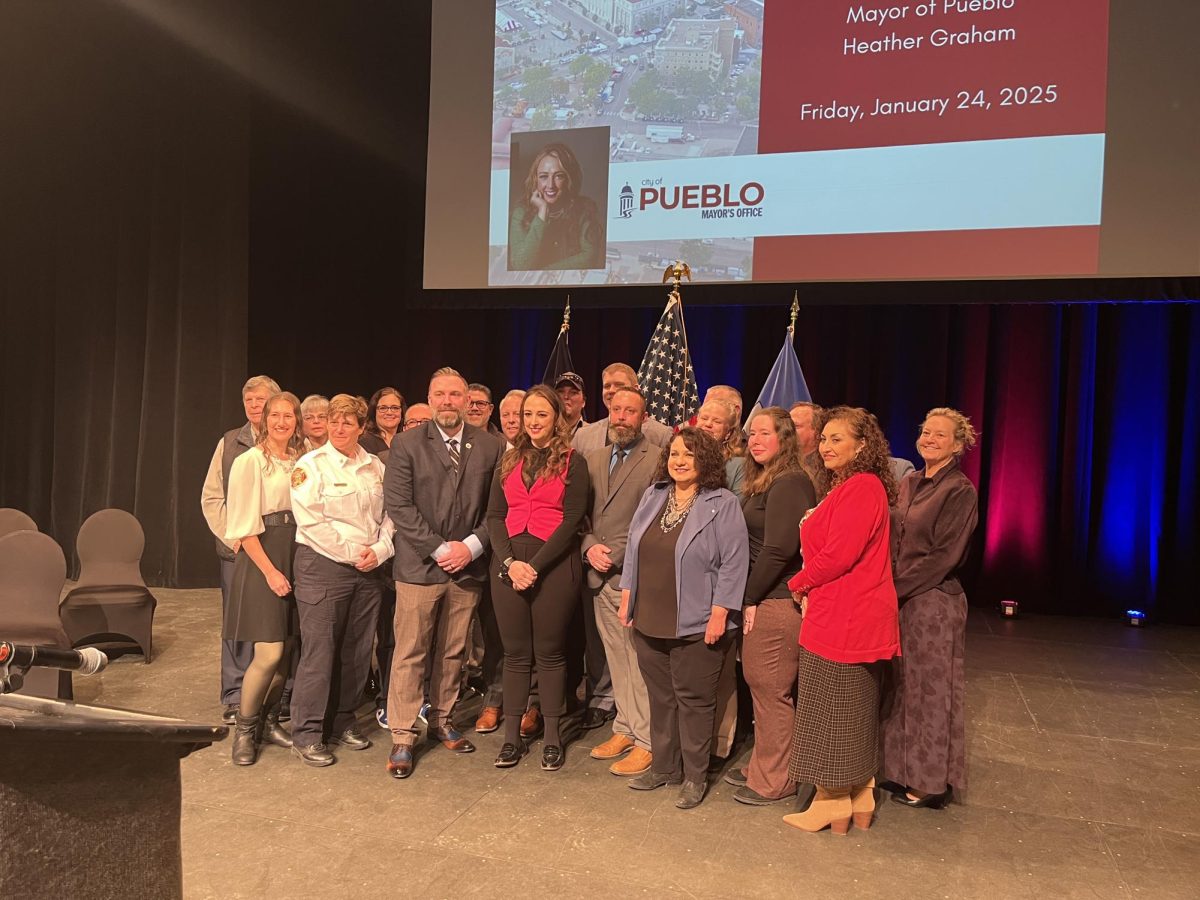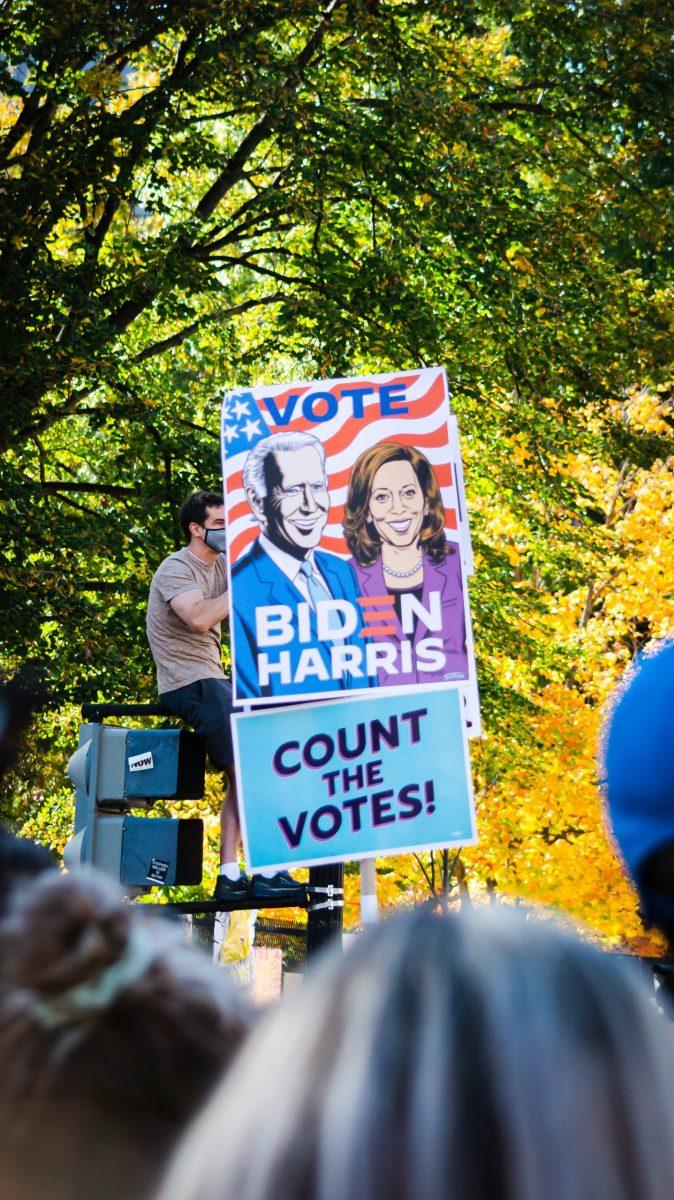By Hailee Langowski
Every year, Black History Month honors the accomplishments of African Americans and focuses on their important place in American history. The United Kingdom and Canada are two other nations that celebrate Black history for a month.
Black History Month’s story began in 1915, more than half a century after the Thirteenth Amendment abolished slavery in the United States. In September of that year, Harvard historian Carter G. Woodson and Jesse E. Moorland established the Association for the Study of Negro Life and History (ASNLH), a group dedicated to researching and emphasizing the accomplishments of Black people and other people of African descent. Woodsen believed that truth could not be denied and that reason would prevail over prejudice.
In 1925, he and the group he formed, the Association for the Study of Negro Life and History (ASNLH), created and announced Negro History Week to increase awareness of African Americans’ contributions to civilization. First celebrated in February 1926, during a week that included both Frederick Douglass’ and Abraham Lincoln’s birthdays. The occurrence sparked local celebrations, history clubs, performances, and lectures in towns and schools around the country.
Significant strides have been made in increasing American awareness of the celebration. When Woodson passed in 1950, Negro History Week had established itself as an essential aspect of African American culture. Midway through the 20th century, mayors from throughout the country proclaimed Negro History Week. The Civil Rights movement brought attention to the contributions made by African Americans to our history and culture, and the Black Awakening of the 1960s significantly increased African Americans’ awareness of the significance of black history.
In 1976, President Gerald Ford formally acknowledged Black History Month. He told people to “seize the opportunity to honor the too-often neglected accomplishments of Black Americans in every area of endeavor throughout our history.” That year, fifty years after the first celebration, the association held the first Black History Month. By this point, the country accepted the significance of Black history in the American story. Since then, Black History Month has been declared by every American president.
Black History Month is a time to recognize the contributions and legacy of African Americans throughout American history and society, including those who were leaders in business, politics, science, culture, and more. Black History Month is a time to honor African Americans’ accomplishments and contributions to American history and culture, particularly those who have held influential positions in business, politics, science, the arts, and other fields. Activists and leaders include Rosa Parks, Martin Luther King Jr., Marcus Garvey, Sojourner Truth, and Harriet Tubman.
Since 1976, every president of the United States has proclaimed February to be Black History Month and supported a particular theme. “Black Resistance” will be the focus of Black History Month in 2023. The Association of the Study of African American Life and History explains the theme. It explores how “African Americans have resisted historical and ongoing oppression, in all forms, especially the racial terrorism of lynching, racial pogroms, and police killings,” since the nation’s earliest days.
The Library of Congress, National Endowment for the Humanities, National Archives and Records Administration, National Park Service, National Gallery of Art, Smithsonian Institution, and the United States Holocaust Memorial Museum work together to honor the generations of African Americans who overcame hardship to become full members of American society.
Black History Month began as an attempt to educate schoolchildren and the young generation about the accomplishments of Black and African-American people. Celebrating Black History Month is a chance for many Black individuals to consider the opportunities ahead. But for many, the motivations behind Woodson’s actions over a century ago are still as strong as ever.
It is now recognized as a celebration of people whose activity and accomplishments have positively influenced the nation and the globe. People in the US can connect with Black history, go beyond debates of racism and slavery, and recognize Black leaders and successes during the month-long focus in February.










